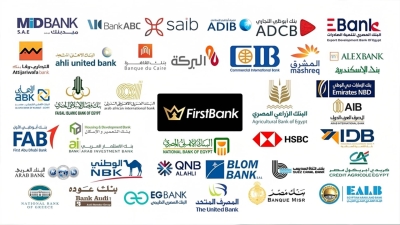CBE Issues Rules for Licensing Digital Banks and Their Supervision
First Bank

The Central Bank of Egypt has issued rules for licensing, registration, and supervision of digital banks, representing an important step that keeps pace with global developments in the fintech industry and meets the needs of customers in the Egyptian market. This is in continuation of the state's efforts to support innovation and transition to a digital economy.
The new rules come in light of the provisions of CBE and Banking Sector Law No. 194 of 2020, which addressed the concept of digital banks and the banking services they offer through channels or digital platforms using modern technological techniques.
The licensing requirements for digital banks include a minimum issued and paid-up capital of EGP2 bn if they engage in all banking activities, excluding financing large corporations, with the possibility of financing such corporations provided that the capital is increased to EGP4 bn.
Additionally, the largest shareholder must be a financial corporate with a previous track record in similar activities, accounting for at least 30% of the total capital.
Among the requirements for obtaining the license is the submission of a detailed feasibility study that identifies the target segments and planned products to be made available, as well as information technology plans, cyber security plans and strategies.
Noting that digital banks are subject to the same rules and controls applied to operating banks in Egypt, including laws and regulations related to combating money laundering and terrorism financing, in addition to other requirements that are consistent with its nature of work.
These instructions support the state's vision to transition to a society with less reliance on cash, as well as work on enhancing financial inclusion and creating a supportive environment for the fintech industry.
Digital banks develop and provide banking products and services remotely and with high quality that cater to the needs of all segments of society, including micro, small, and medium-sized enterprises, and the youth category, with the aim of facilitating access to these products and services quickly and easily.













